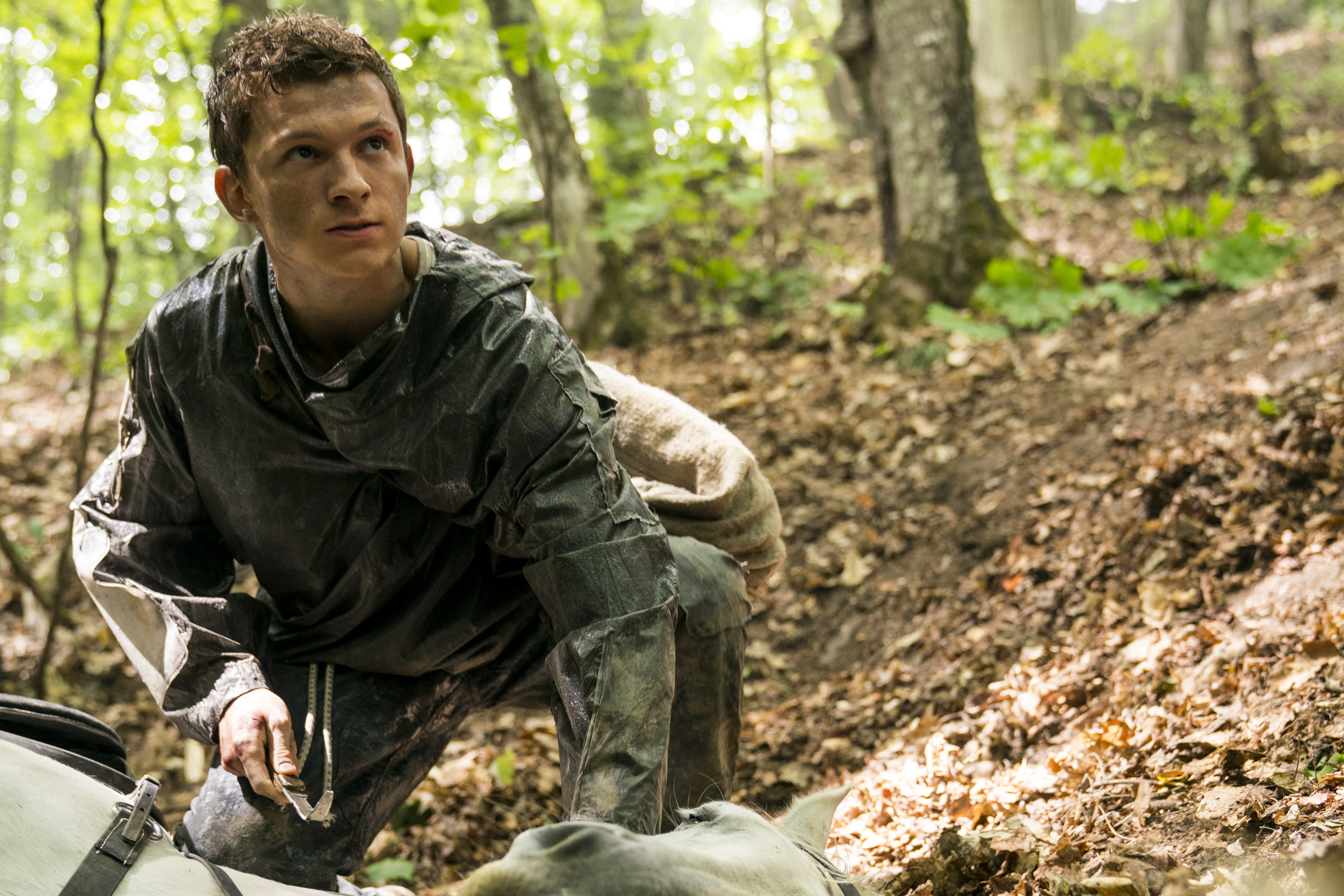In its 100-plus year history, cinema has evolved from humble beginnings to the multi-billion-dollar industry we all know and love today. From the silent picture to the blockbuster, low-budget indie to the 3-D bonanza, filmmakers, studios, and inventors keep pushing the envelope with different ways of bringing filmed art onto the screen.
The theatre is one of the oldest forms of acting, and we have also started to see productions beamed live to cinemas all over the world with live performance, but filmmakers are starting to take the live-cinema spectacular to another level.
Live cinema is a production shot, vision mixed and then distributed live. A couple of years ago, legendary actor and filmmaker Woody Harrelson brought the one-take live experience, Live In London to cinema screens, a movie he acted in and also directed. It was executed to perfection, filmed on the streets of London in the dead of light, and then beamed to cinemagoers all over the world. Francis Ford Coppola explores live cinema with his project Distant Vision, a very ambitious film that has a screenplay timed at around 27 minutes long.
Coppola is, of course, the director of some of the greatest motion pictures of the 20th Century, including multiple Oscar-winners The Godfather and his 1970s Vietnam war epic Apocalypse Now. Distant Vision is equally determined an effort, a project that commands multiple locations, dozens of custom-made costumes, 40 cameras, intricate stage management and more.
The project was staged at Los Angeles’ UCLA, the University of California, where Coppola grouped together 75 students to pull off the venture. Coppola directs the film, actually his second live-cinema project following 1982’s One From The Heart. Many decades later, technology has developed massively, and Coppola is taking another stab at this new genre. Distant Vision is a semi-autobiographical tale of three generations of an Italian-American family, which sounds in itself something rather ambitious to cram into less than half an hour, let alone with the added stress of having it performed and staged live.
Whether this new form of cinema will catch on is unknown. We’ve seen various British soaps, including Eastenders and Emmerdale broadcasting, live to millions on UK television for the last number of years, but we’re still yet to see this emerging genre roll out massively in multiplexes. Budgets, the sheer scale and stress of each project has to be taken into account, but if nothing else, you must admire the ambition of the likes of Coppola and Harrelson bringing new excitement to the medium, both pioneers in something which may push cinema to altogether new level in the near future.






















